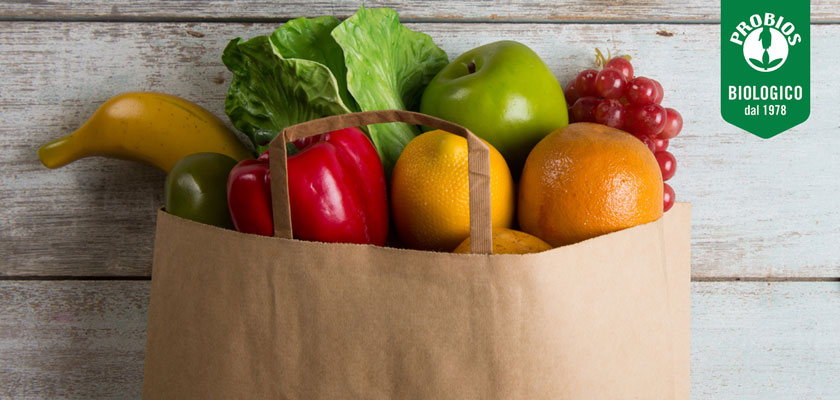
In this context, therefore, many studies and researchers are moving, among which figure out also scholars of the Pisa University, to search for valid alternatives to pesticides that leverage the use of natural substances, which don’t release toxic residues or in the environment neither on the products.
The gliphosate’s effects in agriculture
Glyphosate has always been the most used crop protection product and also among the cheapest pesticides: its ability is to be absorbed by the plant up to its roots, thus devitalizing the conservation organs of weeds. From some analysis it has emerged as glyphosate creates groundwater pollution, thus reducing biodiversity.
Organic farming as a valid remedy
The data show positive trends related to consumers choice of food deriving from organic crops and farms, both for ethical reasons and for greater safety. A choice supported by the growing number of farmers who avoid organic or synthetic compounds in favor of the agronomic work on plants, using the composting technique as in the past. A market trend that farmers are adapting to, changing their culture and cultivation, in favor of an increasingly attentive and sustainable consumer, who recognizes greater value to the products he buys
> Read also #Ipesticididentrodinoi: Before and After Organic Diet
Source: suoloesalute.it, greenplanner.it





